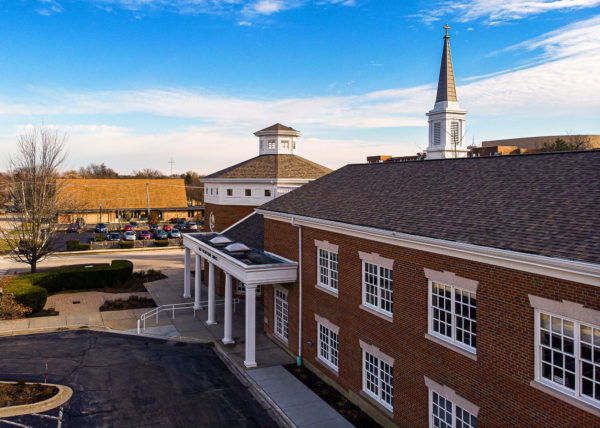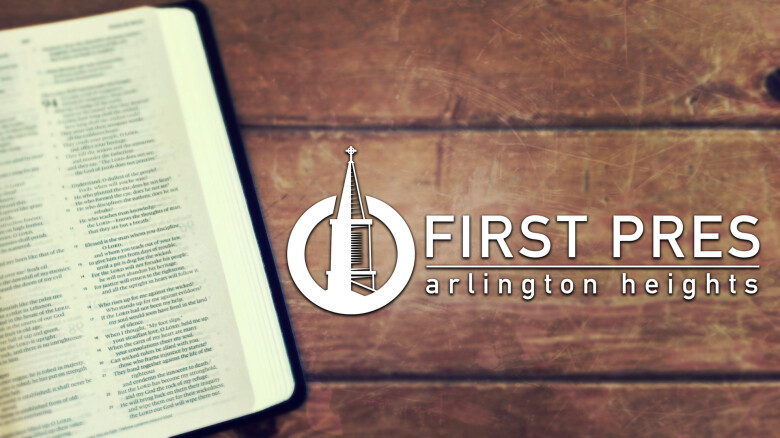Anyone who’s ever spent any time with children is familiar with the lament that something isn’t fair. If you’re a parent, an educator, a grandparent, an aunt or uncle, or just a customer in the grocery store, you’ve heard it. “But that’s not fair!” In the hustle and bustle of life, it’s true – sometimes it’s just not fair. Growing up, my older sister had plenty of opportunities to claim something wasn’t fair. She often had the harder or more physically demanding chores. We shared a car until she went to college and then I had it all to myself for the rest my high school years. I’m pretty sure my curfew was later than hers, too.
In the Parable of the Workers in the Vineyard, the cry of unfairness comes from the workers as the landowner pays the same wage to everyone – regardless of how long they toiled. Those who worked the longest felt they were owed more than those who just worked an hour. It’s not hard to put yourself in the position of the all-day laborer. If you were up early hustling to earn a day’s pay and your persistence paid off, of course you’d expect fair compensation for your time. You certainly wouldn’t expect the slacker who showed up with an hour to go in the shift to go home with the same pay as you. That’s not fair.
This parable speaks to our flawed and miserly sense of fairness. We want what we think we deserve, but the other guy better not get more than he deserves. We place ourselves in the position judge and jury, expecting an earthly measure of equity. But our earthly, human sense of equity or fairness or justice doesn’t begin to come close to God’s perfect and extraordinary sense of fairness. Of course, God (the landowner) would shower equity (a day’s wage) on all who toiled (proclaimed their faith in God) no matter the timing (a deathbed conversion is no less to God than a lifelong journey of faithfulness).
One of my favorite questions to ask my Sunday school friends after we’ve read and discussed a scripture in the Bible is, “What do you think this story has to do with us today?” For me, this parable calls us to challenge our assumptions of equity in order to bring about God’s kingdom here on earth. The God of audacious generosity wants us to set aside our selfish sense of fairness and equity and justice and embrace the possibility of everyone having what they need.
In these early days of Lent, I believe that God is speaking to us earnestly and urgently. We don’t have to look far or wide to see where equity is missing today. I believe that God wants us to create a world where everyone has access to health care, regardless of employment status or zip code. Where the educational system works for all learners, at a pace and in a style that respects individual differences and encourages everyone to succeed. Where a decent job pays a decent wage that allows for a decent way of life. Where a child is free to be a child as long as his or her childhood lasts, not one where harsh realities come much too soon. Where the scales of justice are blind to color and class, and instead weigh facts and evidence.
May we all have eyes to see, hearts to feel, minds to imagine, and hands to create God’s view of His kingdom here on earth. Katy Allen



